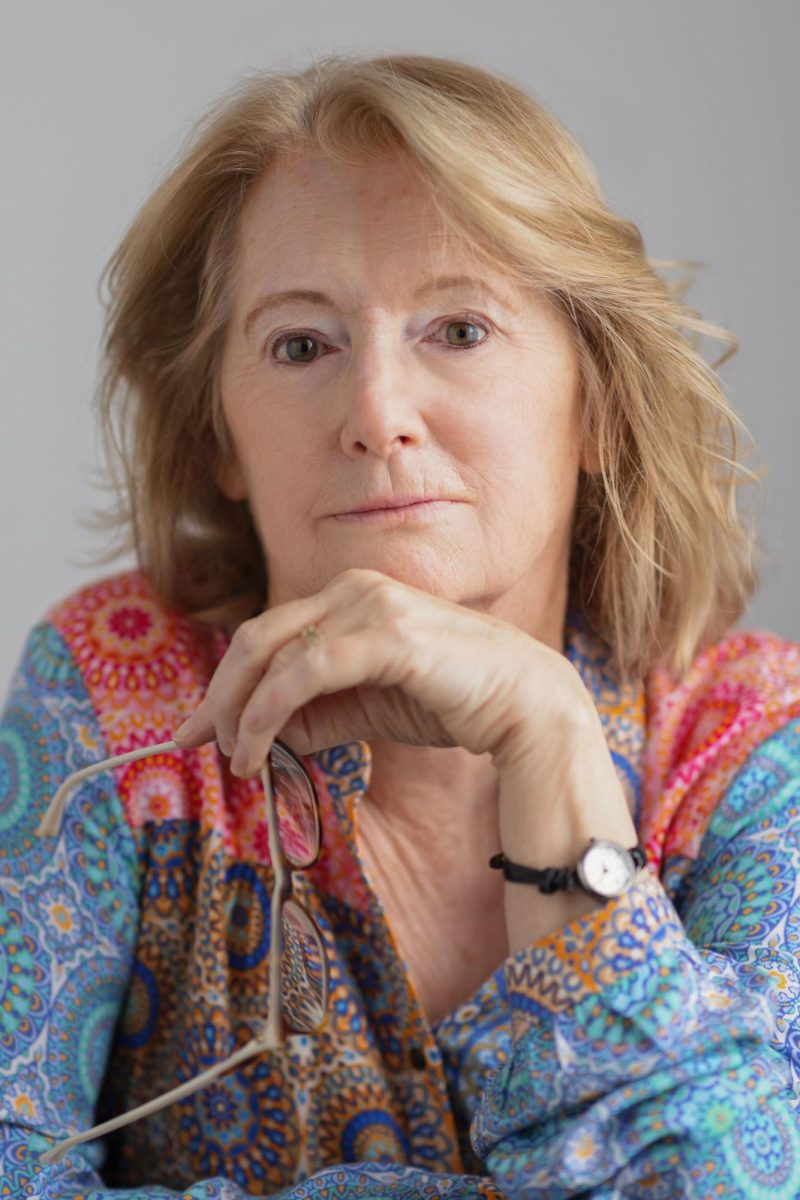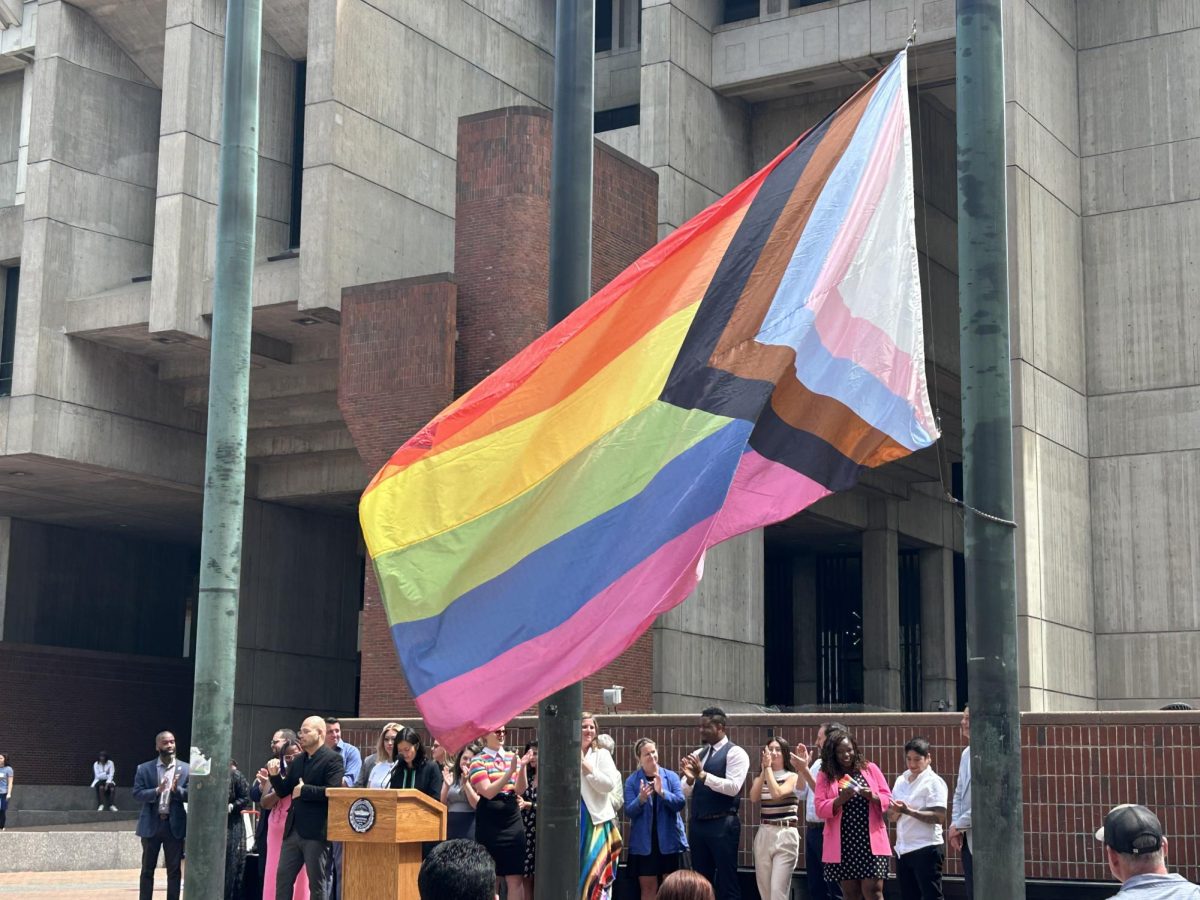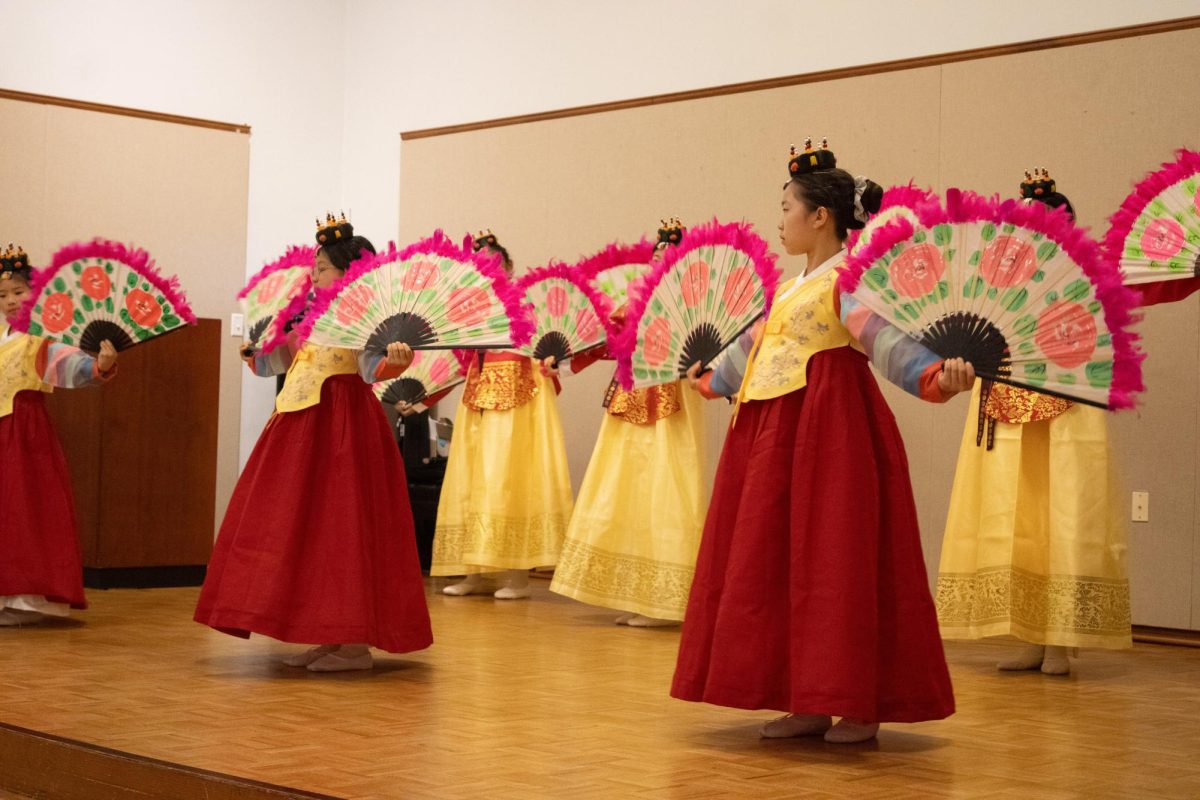Acclaimed screenwriter Diane Hanks recently forayed into historical fiction writing, adapting her screenplay, “Hickam,” into her debut novel, “The Woman With a Purple Heart.” The novel, based on the true story of heroic WWII nurse Lieutenant Annie Fox, was published by Sourcebooks Landmark Nov. 7.
On Nov. 9, Trident Booksellers & Cafe hosted Hanks for an author event. Along with fellow historical novelist Greer Macallister, Hanks talked about the inspiration behind her novel, the difficulties of historical writing and the joy of telling the stories of daring women who have been forsaken by history.
“I thought, well, why start from scratch?” Hanks said.
Hanks first came across the idea for “Hickam” and, later, “The Woman With a Purple Heart” in an unlikely place: her day job as a medical writer at the VA Boston Healthcare System. In her work, she discovered the Annie App, a mental telehealth tool that helps veterans with self care.
“I just wondered who is Annie? Who is this woman this app is named after?” Hanks said.
With this question in mind, Hanks began searching through government documents for any sign of this elusive woman. In her research, she combed through military documents and first hand accounts of the events at Hickam airfield and eventually found the story of Annie Fox, the first woman to receive the Purple Heart for combat. Fox served as the chief nurse at Hickam Field during the attack on Pearl Harbor.
“There’s not a book-length amount of information about Annie Fox,” Macallister said. She said that she has had her share of troubles when researching for her own historical novels.
It would be impossible to write a biography about Fox with the miniscule amount of information available about her in public records, Hanks said. Which is why she believes historical fiction best serves the story.
“I could not find one news article,” Hanks said. “There was just nothing.”
Historical fiction allows for more narrative freedom. Writing historical fiction is not a simple task, both Hanks and Macallister said. The authors both draw inspiration for their novels from accounts of heroic women who never had their stories told.
“Women don’t tend to get written about,” Hanks said.
Hanks and Macallister both take it upon themselves to search for these stories and bring them to the limelight. This is especially complicated when there are so few accounts of what these women accomplished. The lack of information is because none of these women thought what they were doing was special, Hanks said. As such, they weren’t inclined to document their own heroics.
“[It] gave me the courage to write about a woman who thought she was just doing her duty,” Hanks said.
Writing historical fiction is a balancing act, as it requires a ton of research and a wealth of imagination, Macallister said. One must stay true to the events while still telling a narratively interesting story, Hanks said. The details Hanks called upon to set the scene in “The Woman With a Purple Heart” were largely drawn from government documents and military records that she searched through to supplement her writing. Many of the specifics came from first-person accounts of the events.
“It’s these details that lend the authenticity to your work,” Hanks said.
Sometimes the truth is stranger than fiction, Macallister said. It’s up to the author to decide whether to include certain details that may end up pulling the reader out of the world, Macallister said.
“Often the least believable things in a historical fiction novel are the things that actually happened,” Macallister said.
Event attendee Ella Conway said she was impressed by Hanks and her writing.
“I thought that her knowledge was really, really interesting,” Conway said.
Conway, a second-year at Emerson College pursuing a major in media arts production, attended the author talk for her American Women Writers class. Conway has an interest in stories about niche, female focused historical events, so “The Woman With a Purple Heart” was the perfect novel for her to research, she said.
Hanks has two more novels in the works that she encouraged attendees to keep an eye out for, both of which are female centered historical fiction.
“No one knows their names, either,” Hanks said.















![Dominique Dixon poses for a photo with her handmade polymer clay earrings. Dixon founded Mahogani Shop in 2017 using her design background and inspiration from African culture. “I started [Mahogani] in a place where I was trying to rediscover myself as an artist, as a Black woman, Dixon said. So a lot of my influence comes from my culture, architecture, art.”](https://huntnewsnu.com/wp-content/uploads/2024/05/SeaportBlackOwnedBos.Market_5_19_24_ZoeMacDiarmid_6-1200x800.jpg)


